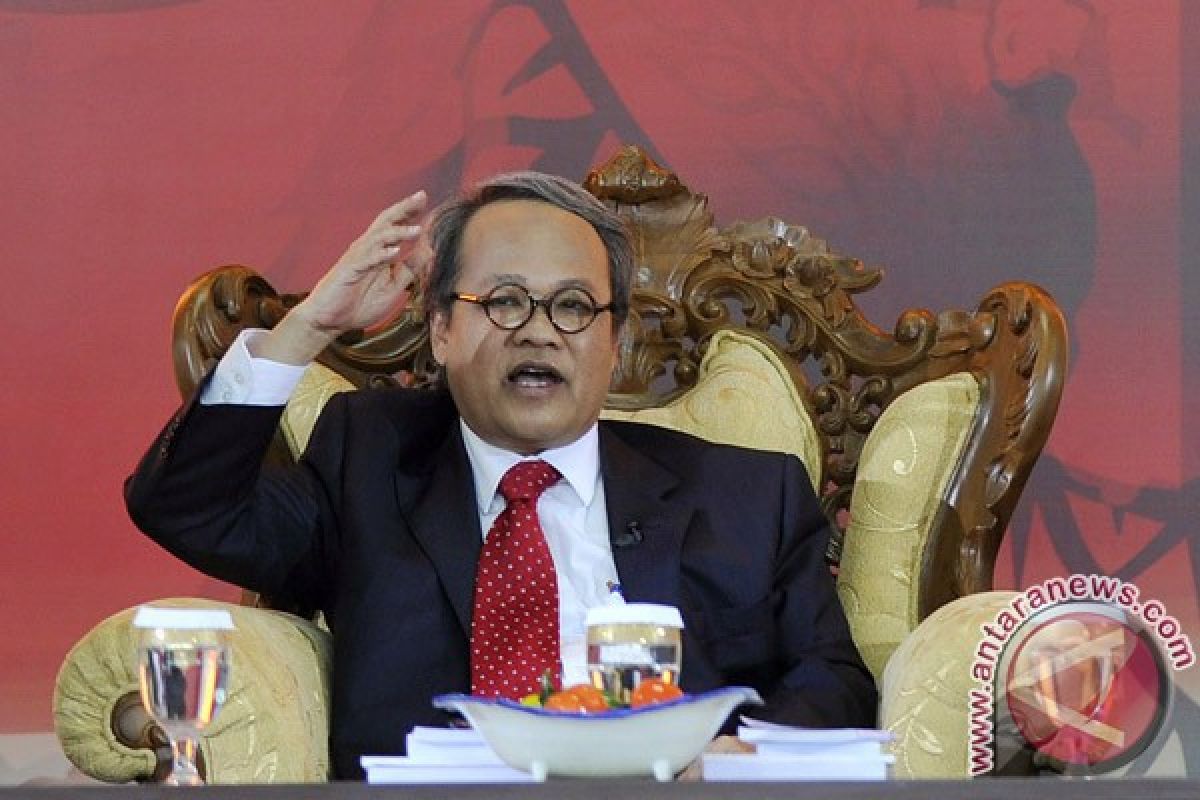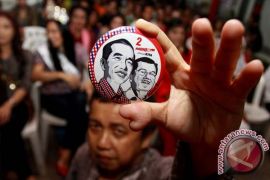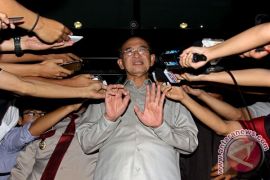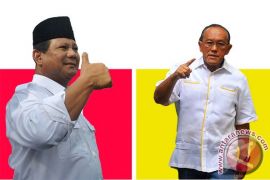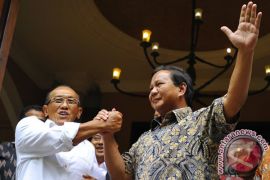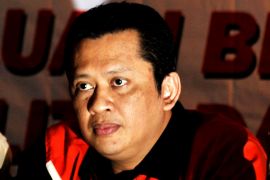"The LSI in a recent survey found that the Golkar Partys electability has dropped to as low as 8.2 percent, with a margin of error of 2.9 percent. This must be addressed proportionately by the Golkar Partys rival leaderships elected at separate congresses in Jakarta and Bali recently," he said in a text message to ANTARA News here on Monday.
He stressed the Golkar cadres should not overreact to the survey results as if the party has been given a "death penalty" and that it has no future. He observed that the cynicism shown by a number of party cadres towards the survey results did not justify their educated personalities.
"Educated people will not react to survey results that way," he said, adding the behavior was not very intellectual.
According to him, the survey results must have been addressed appropriately and accepted as one of the materials to be considered for framing future policies.
"It did not deserve emotional reactions such as the mocking or undermining of the survey institute," he added.
LSI Denny JA survey revealed that if legislative elections were held in December 2014, the Golkar Party would have only 8.4 percent chances of getting elected.
"According to the LSI Denny JA survey held in December 2014, the Golkar Partys electability has plummeted below 10 percent," the survey institute researcher, Ardian Sopa, stated at the LSI Office here on Friday (Dec 19).
He pointed out that the negative reactions were caused by the dualism of the party leadership as well as protracted internal conflict.
He cautioned that if the conflict between the partys elites continued, the electability of the oldest party, which was also the runner-up party in the general elections on April 9, will further decline.
"The Golkar Party does not have a choice other than reconciliation. It will have to restore the party as the conflict will hurt both camps," he remarked.
Ardian noted that the electability of the Golkar Party in December 2014 was the lowest in the partys history after winning more than 10 percent of votes in the past three general elections during the reform era.
(Reporting by Imam Budilaksono/Uu.H-YH/INE/KR-BSR/O001)
Editor: Priyambodo RH
Copyright © ANTARA 2014
